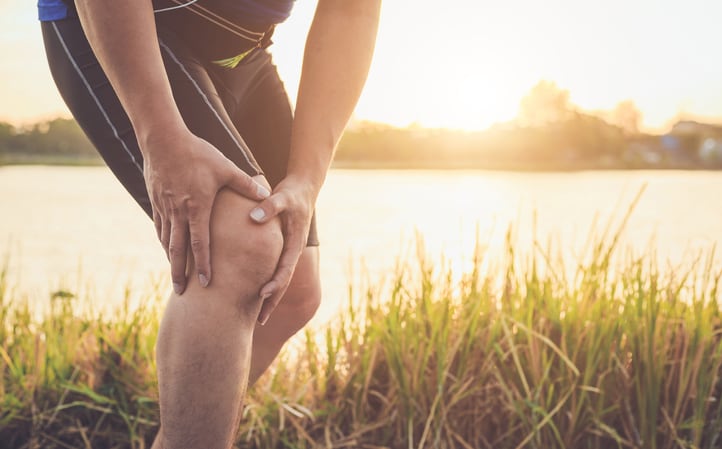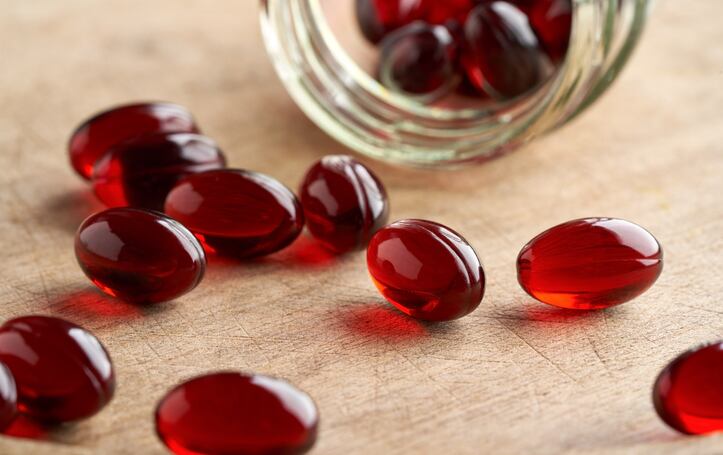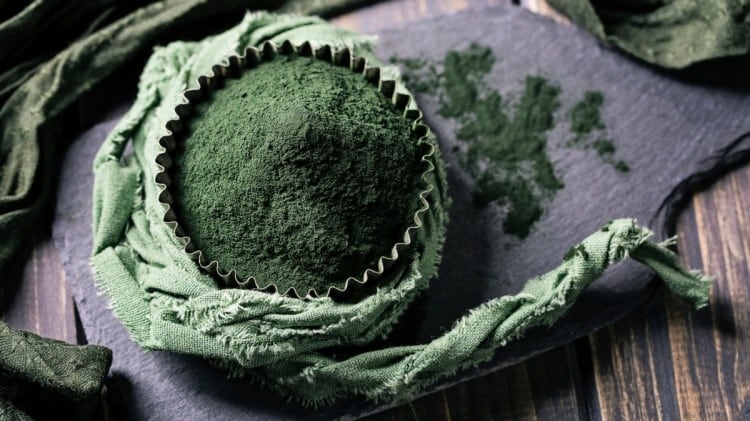The botanical oil extract studied comes from the seeds of Biota orientalis.
The study, published in Inflammaopharmacology, is said to be the first human clinical trial exploring the use of oil extract from the seeds of Biota orientalis.
Also called Thuja orientalist or oriental arborvitae, the plant is a slow growing coniferous tree native to China and Iran, and its extracts are commonly used in Chinese herbalism.
In this eight-week trial, an oil extract trademarked Epiitalis supplied by Australian firm Interpath was studied.
A pilot, multi-site, dose-ranging, randomised, blinded, placebo-controlled RCT, the trial took place in six sites in India between December 2019 and August 2020.
A total of 235 patients aged 40 and 65 with x-ray diagnosed knee osteoarthritis and pain were randomised into four groups.
Three out of the four groups took the oil extract which comes in capsules in varying dosage amounts, namely 640mg (four oil extract capsules), 320mg (two oil extract capsules, two placebo capsules), or 160mg (one oil extract capsule, three placebo capsules) of the extract daily.
The trial was sponsored by Interpath and conducted by India’s contract research organisation Vedic Lifesciences.
Findings
Findings showed that there was a gradual improvement in groups that have taken the oil extract, and that no clear dose response was observed.
After the first two weeks of the study, the researchers observed that the number of subjects who did not respond to the intervention and placebo was similar across all four groups.
However, midway through the study at day 28, there were improvements in subjects from the intervention groups, based on a reduction in the visual analog scale.
“By study end, the percentage of respondents had shifted dramatically in favour of the hBO [hydrolysed oil extract from seeds of Biota orientalis] groups.
“To illustrate the kinetics for the onset of clinical efficacy induced by hBO, the absolute pain VAS scores were plotted for the hBO-MD group, and for the placebo group at each study time point.
“These data demonstrate a relatively slow onset of efficacy vs. pain VAS until the period between day 28 and day 56, at which point there is a more rapid increase with a study maximum decrease in the hBO-MD group recorded at study end.
“In contrast, although there was some decrease in VAS pain in the placebo group, this had plateaued by day 28,” the researchers pointed out.
They explained that the relatively slow onset of clinical efficacy was consistent with a mechanism in which “membrane proinflammatory lipid precursors were cumulatively replaced with lipids that either replace proinflammatory lipid substrates, or which act via alternate mechanisms to reduce the inflammatory response.”
On the other hand, no clear dose response was observed, and that all three doses were similarly efficacious when compared to the placebo.
“These data suggest that all three doses of hBO are on a plateau of maximal efficacy and that lower doses than those utilised in the current trial would need to be assessed to demonstrate lower efficacy and a clear dose response.”
At the moment, other commonly used ingredients for knee osteoarthritis are chondroitin, glucosamine, collagen hydrolysates, curcumin, capsaicin, Boswellia extracts, methylsulfonylmethane
Source: Inflammaopharmacology
The Biota orientalis, oil extract Epiitalis, is efficacious at reducing the symptoms of knee osteoarthritis: a pilot, multi-site, dose-ranging, randomised, blinded, placebo-controlled trial
DOI: 10.1007/s10787-022-01013-y
Authors: Peter G. Mitchell and et al





